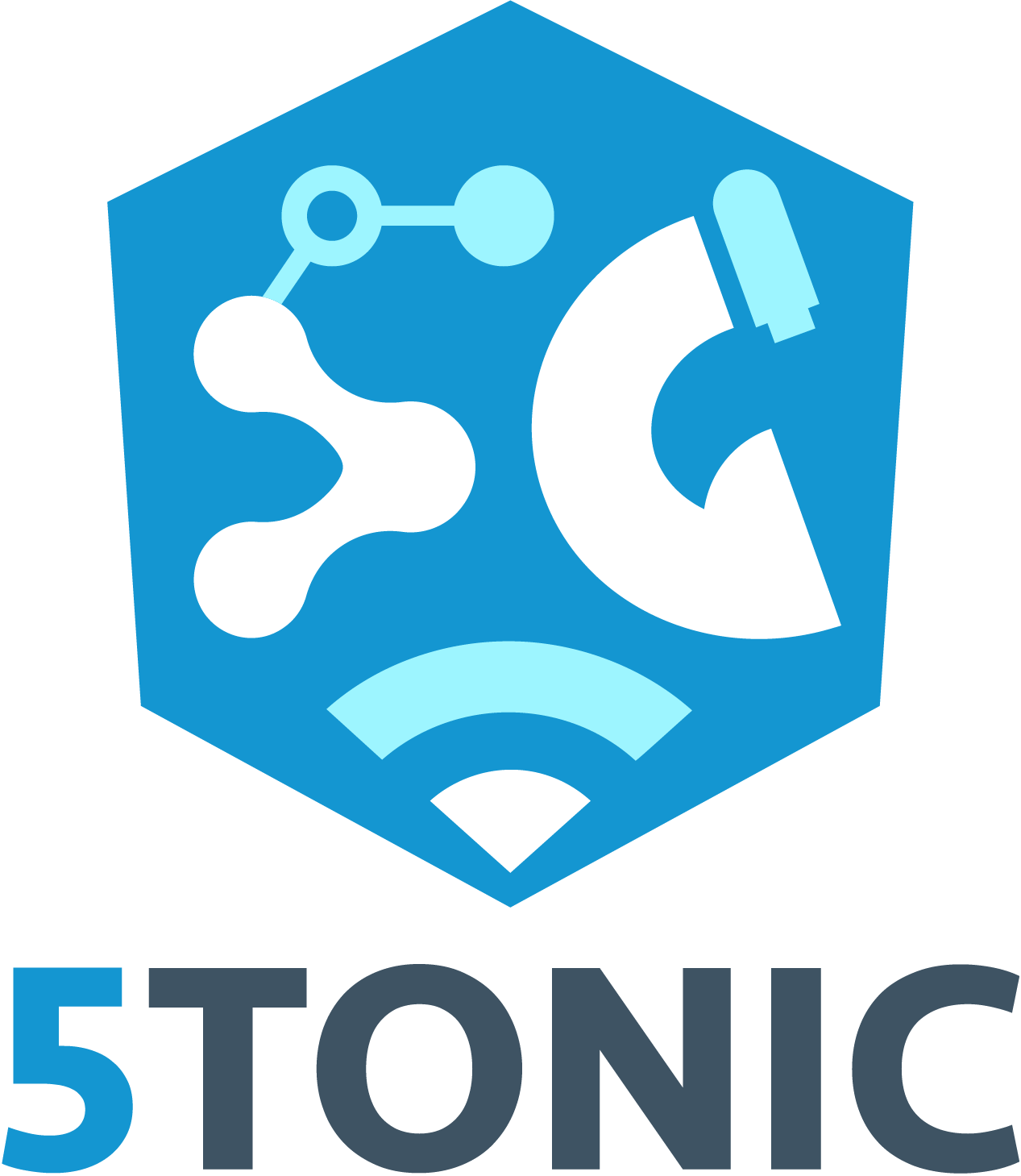5TONIC holds its Future Insights Workshop to establish its new roadmap
With more than 5 years in the industry, participating in numerous national and international projects, and being recognised as a Digital Innovation Hub by the European Commission, the 5TONIC laboratory recently brought its members together to discuss future projects.
After celebrating its fifth anniversary last year, 5TONIC, an open research and innovation laboratory on 5G technologies, recently held its Future Insights Workshop with the aim of analyzing the opportunities and challenges facing the industry and defining its next steps in terms of innovation, research and development.
Since its foundation by Telefónica and IMDEA Networks, 5TONIC has collaborated with different companies, many of which are considered to be the most innovative in Spain’s technology sector. Through its work, it has established cooperative relationships for the development of various and relevant projects related to health, industry 4.0, video games, security or transportation, among others. In fact, in 2018 5TONIC was recognised by the European Commission as a Digital Innovation Hub for the excellence of 5G technology.
Laboratory Milestones
Over the years, the 5TONIC lab has played an important role in disseminating and developing ideas around 5G-based services and technologies, which can later be launched to the market. In 2016, for example, 5TONIC worked with the Ministry of Industry of Spain to organise the first event around 5G for vertical sectors, which led to collaborations that would soon have a great weight in the evolution of the laboratory. Later, in 2017, the laboratory hosted the first NFV “Plugfest” in collaboration with ETSI (European Telecommunications Standards Institute) and Telefónica. Numerous companies participated in this event, including ADVA Optical Networking, Anritsu A / S, Canonical USA Inc, Cisco Systems, Ericsson, Hewlett-Packard Enterprise, Huawei, Lenovo, Red Hat, Spirent and Wind River, among other
In 2018, 5TONIC achieved one of its most important milestones, where via its members, it participated in all European projects for the development of test platforms for 5G with vertical industries (5G EVE, 5G VINNII and 5GENESIS). The lab was also able to participate within the ICT-17 of the Horizon 2020 program, promoted by the European Commission. In addition, 5TONIC partnered with SAMUR-PC to develop an emergency service based on 5G, which was launched this year. This solution led to possible victims receiving quicker attention in the event of cardiovascular accidents, allowing 5G technology to be incorporated within the health sector. In the same way, the laboratory deployed the new network core defined for 5G technology (5GC), which allowed the support of “Stand Alone (SA)” access and facilitated some of the first new use cases in Europe. Thanks to the new functionalities that 5GC supports, it is possible to use “Network Slicing” in different use cases, allowing users to configure and manage the network in a personalised way for the application in question.
At FITUR 2020, 5TONIC presented an application dedicated to virtual tourism, which allowed users to visit an exhibition remotely via 5G technology, all with the collaboration of Ericsson, IMDEA Networks, SEGITTUR and YBVR. The 5TONIC lab has also begun testing 5G for controlling self-guided industrial vehicles (with ASTI Mobile Robotics) and remotely controlled unmanned ships (with Utek Technologies).
In all these and other projects, 5TONIC has benefited from the technology, knowledge and infrastructure provided by its members, IMDEA Networks and Telefónica, Ericsson, Universidad Carlos III de Madrid, Intel, CommScope, InterDigital and Capgemini Engineering.
Conclusions after the celebration of the Future Insights Workshop
After a long journey, 5TONIC celebrated the Future Insights Workshop in September 2021 in which the members of the laboratory discussed the future of various research projects and reached the following conclusions:
- A new phase will be inaugurated at the laboratory: Now that 5G networks are commercialised, the objective is to support the development of the next phase of 5G, proving its value in different vertical sectors. For this, it is necessary to provide added value that they may not find if they base the development of new use cases on commercial networks, either because they do not support the advanced functionality that is available in the laboratory, or because they benefit from a controlled operating environment with facilities for testing, as well as measuring benefits.
- Infrastructure of the facilities will be improved: More extensive and with more providers. Advanced functionalities not yet available in the commercial network will be incorporated to support different use cases. Infrastructure management capabilities will be enhanced to facilitate the launch and performance measurement of use cases over the laboratory network.
- New opportunities in European and national innovation programs (6G, SNS, etc.), working in parallel on use cases that can be tested on them. Past experience has shown the great value of working on projects like 5G EVE. The aim is to generate value and continue growing within these new European innovation programs.
- Advancement of 5G evolution and the precursor technologies of 6G: antennas, millimeter spectrum, evolution of the transport network, network slicing, edge computing, NaaS, application of AI to network management, etc.
- Explore new sectors with which to collaborate and launch projects where 5G makes a difference in sectors such as railways, aeronautics, pharmaceuticals, smart corridors, connected vehicles, V2X, telemetry, e-health, sustainability, education or circular economy.
- Greater consideration of the ecosystem, especially its infrastructure, through which support is offered to the studies carried out.
The 5TONIC lab continues to work on solutions towards a more connected, safe and efficient future. According to its vice president, Carlos J. Bernardos, “5TONIC has a very positive track record and I would like to thank all the collaborators who have placed their trust in us. This workshop has been a great step to continue growing, innovating, creating and participating in new projects with the aim that new technologies and connectivity have a real impact on society and on people’s daily lives.”
Bernardos also wanted to thank the leadership of Juan Carlos García and David del Val at Telefónica, and the hard work of Arturo Azcorra, the former vice president of 5TONIC, and currently the General Director of Telecommunications for the Spanish Ministry of Economic Affairs.

